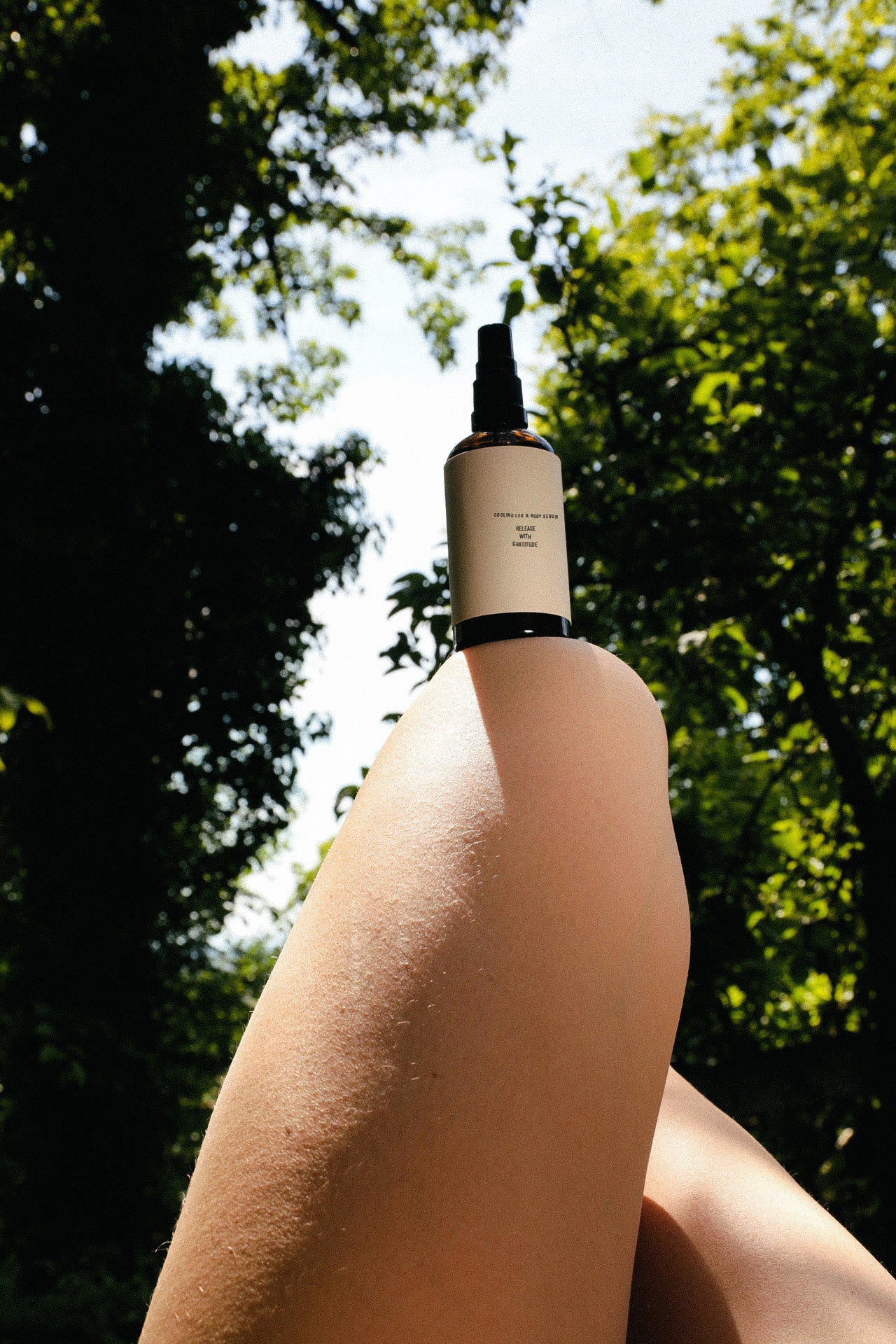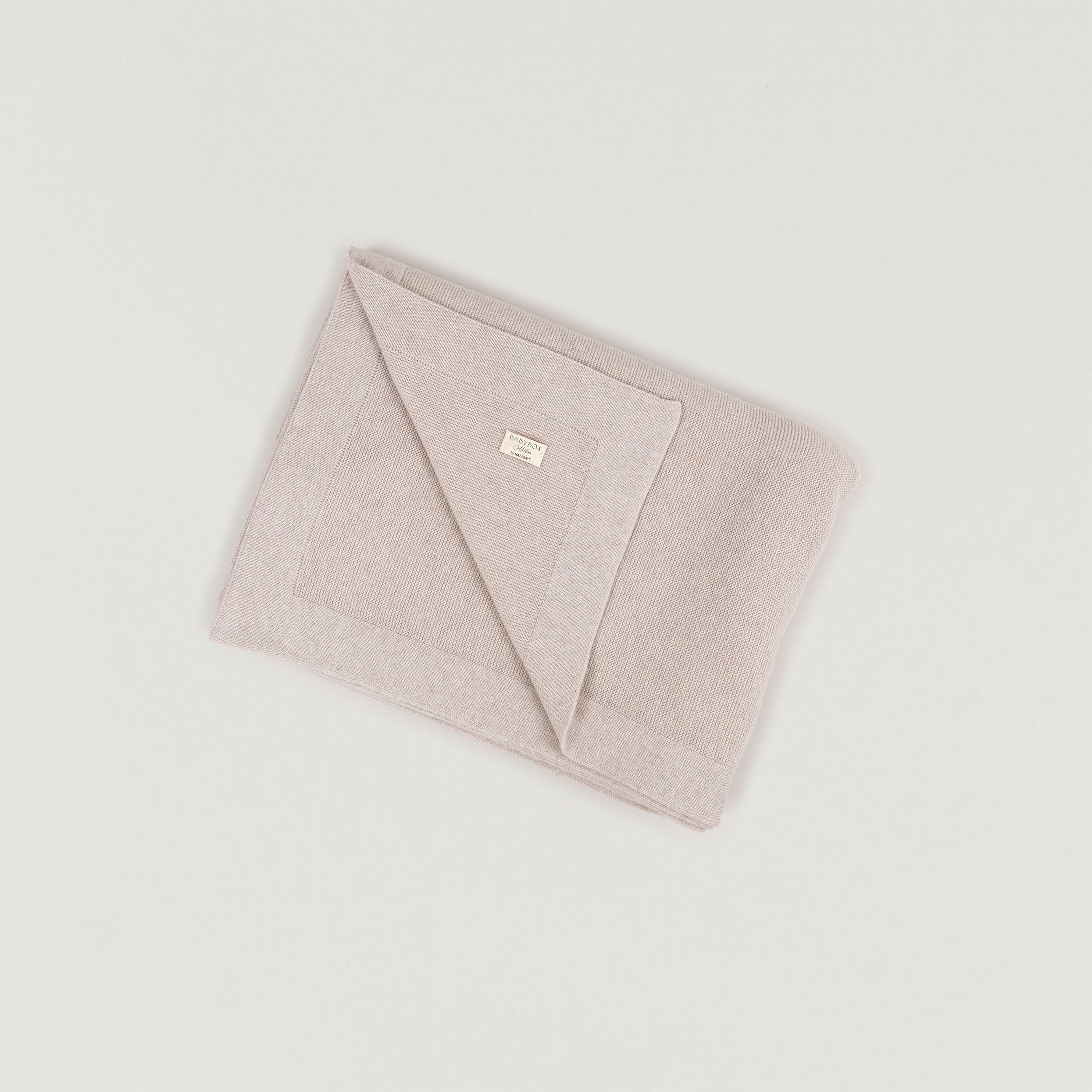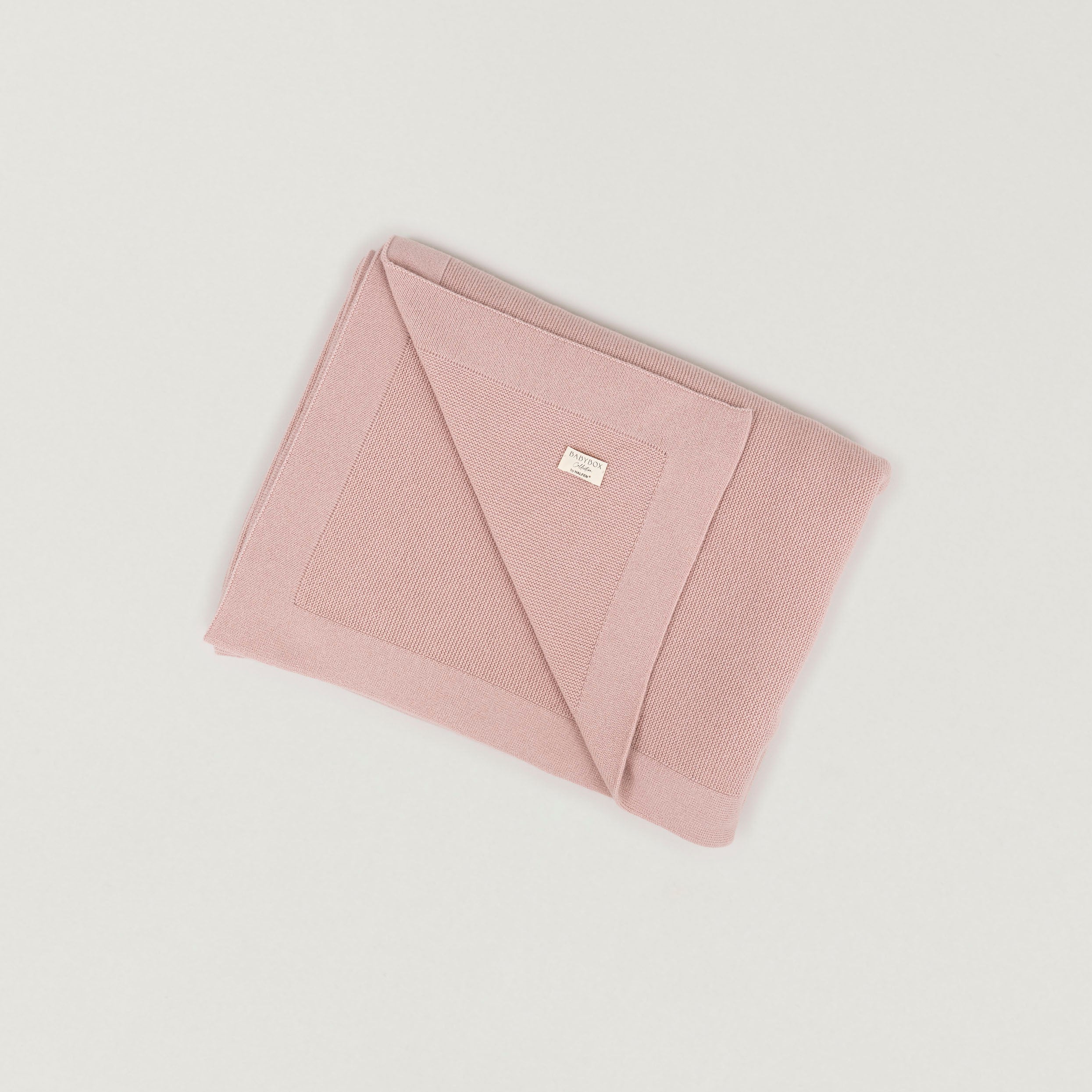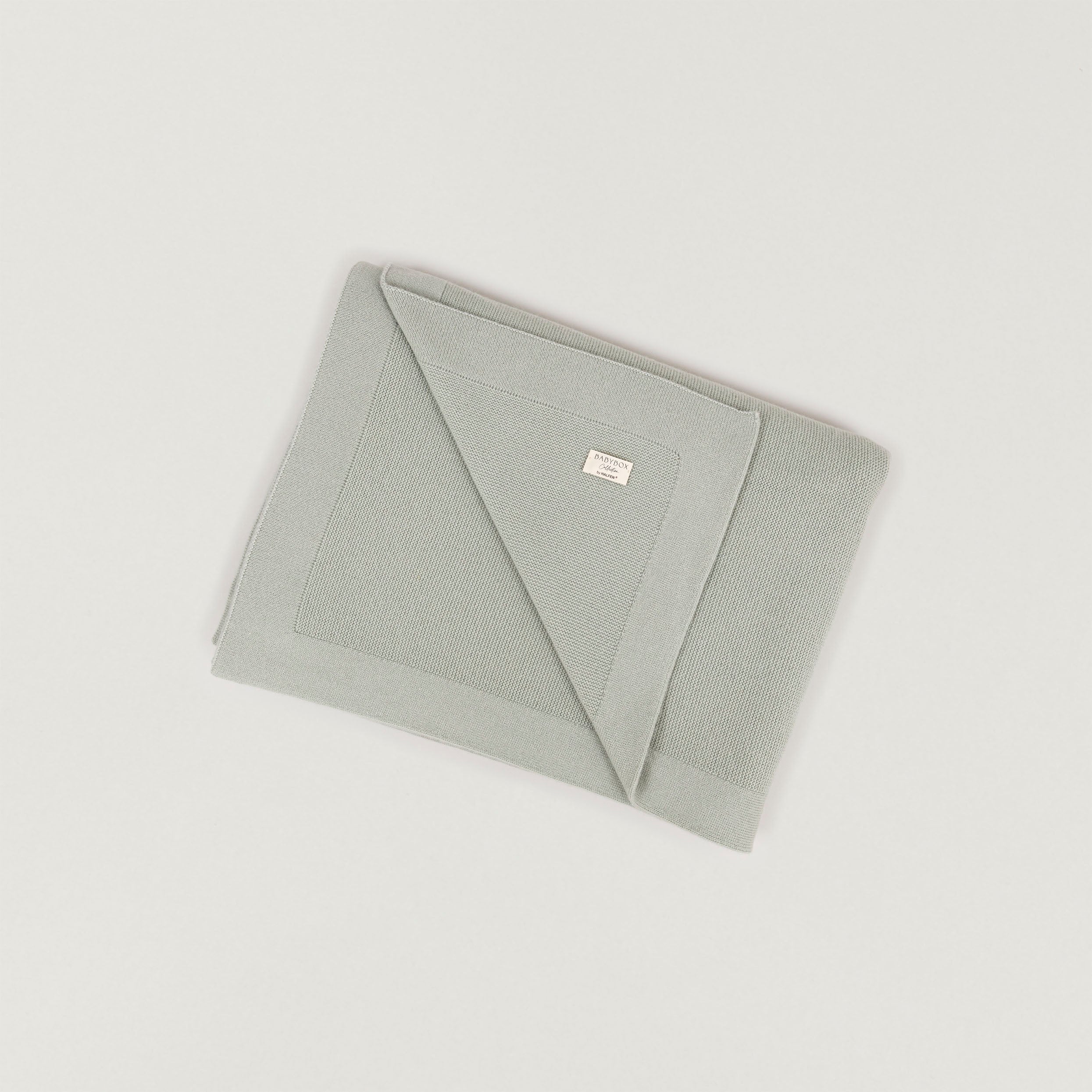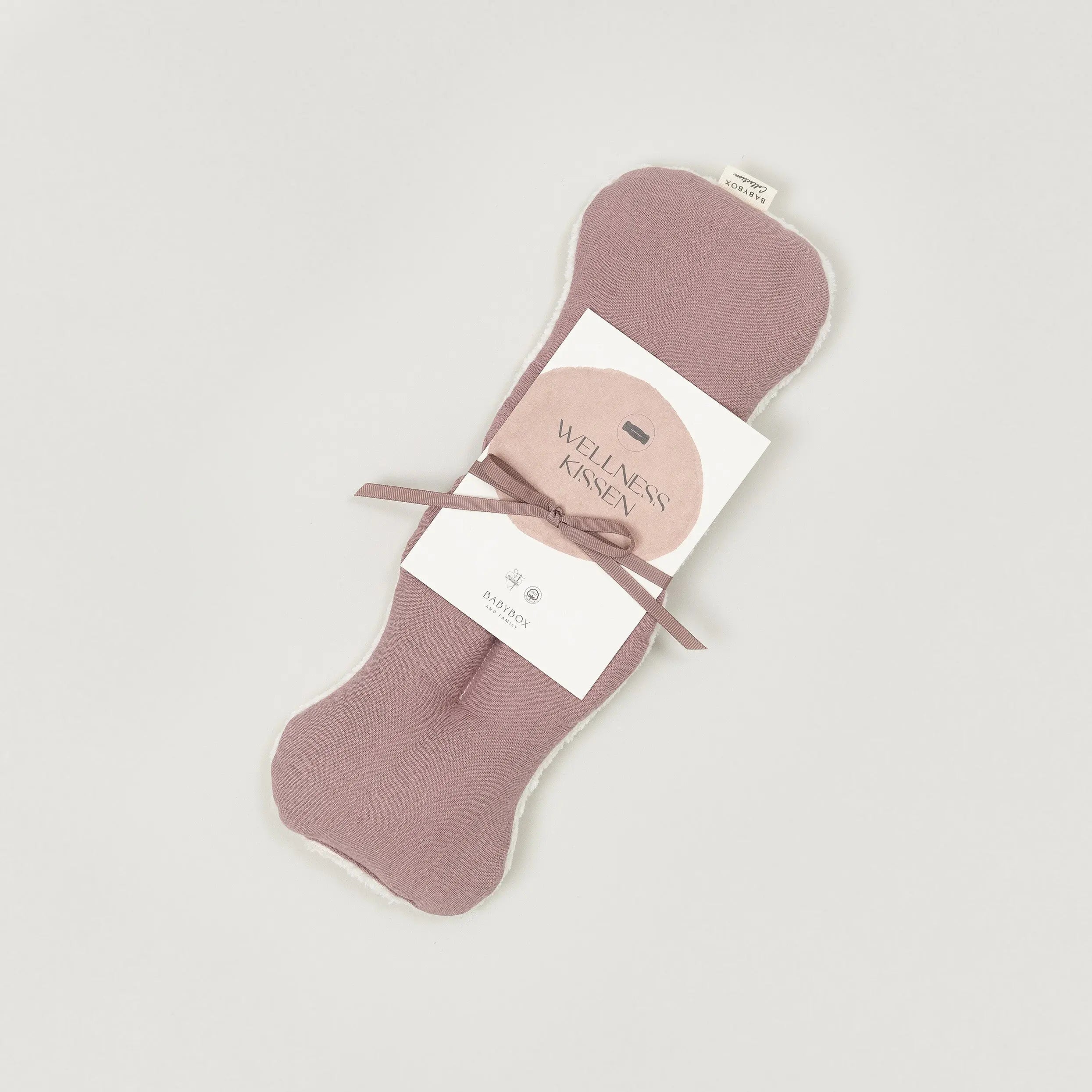Preliminary: What You Should Know About Water Retention During Pregnancy
Water retention is one of the more common complaints pregnant women face. These swellings, particularly in the feet and legs, can be not only uncomfortable but also quite painful. Especially in the later stages of pregnancy or after childbirth, it’s not unusual for the water retention to persist. Fortunately, there are a variety of midwife tips that can help alleviate and prevent these symptoms.
Causes of Water Retention During Pregnancy
During pregnancy, several factors can contribute to water retention:
Hormones
Hormonal changes, particularly the increase in progesterone, cause the blood vessels to relax and expand. This leads to fluid leaking from the blood vessels into the surrounding tissue, resulting in swelling.
Increased Blood Volume
During pregnancy, the blood volume increases to supply the growing fetus. This extra blood volume creates higher pressure in the blood vessels, causing fluid to be pushed into the tissues.
Pressure from the Uterus
Later in pregnancy, the growing uterus can apply pressure on the pelvic veins and veins in the legs. This can make it harder for blood to flow back to the heart, leading to fluid accumulation in the legs and feet.
Diet and Lack of Movement
A high-salt diet can also cause the body to retain more water. Insufficient protein intake can contribute to fluid buildup in the tissues. Additionally, lack of movement or prolonged sitting or standing can worsen circulation and increase water retention.
7 Midwife Tips for Alleviating Water Retention
1. Compression, Compression, Compression
The use of compression stockings is one of the most effective ways to reduce water retention. Medical-grade compression stockings, which are prescribed by a doctor, apply pressure to the tissues and veins to prevent excessive swelling. Even basic support stockings from the pharmacy can provide some relief, though medically tailored compression stockings are most effective.
2. Elevate Your Feet
One of the simplest and most effective solutions is to elevate your legs and feet whenever possible. This helps the blood flow back into the body, reducing swelling in the lower extremities.
3. Drink Plenty of Water
It might sound counterintuitive, but drinking more water will not make water retention worse. On the contrary, around 2 liters of water per day is essential for metabolism, which is already working overtime during pregnancy. This water intake helps manage fluid balance in the body.
4. Foot Baths with Follow-up Massage
Nothing feels better for swollen legs than dipping your feet in cold water – whether at a pool, water park, or simply at home in the bathtub. Foot baths with Dead Sea salt at around 37°C are particularly effective because they work osmotically. Afterward, massaging the legs, feet, and hands with lavender-cypress oil, moving toward the heart, is especially soothing.
5. Exercise Feels Good – Especially in Water
Exercise promotes circulation and helps reduce water retention. Walking whenever possible is beneficial, and moderate exercises like yoga or swimming can also help. Swimming additionally has a compressive effect on swelling.
6. Contrast Showers
Another simple yet effective remedy is to take alternating warm and cold showers. This stimulates the metabolism and can positively affect water retention. The warm water dilates blood vessels, while the cold water constricts them again.
7. Comfort Products Are Allowed
Fortunately, there are some products that can positively impact swollen legs during pregnancy, such as the Recover Spray by Into Life. Not only is it great for the vulva and perineal area after birth, but it can also help relieve water retention during pregnancy. Additionally, the Leg and Vein Spray by Susanne Kaufmann is a refreshing option. It can be applied over compression stockings and provides a cooling effect.
Q&A: Frequently Asked Questions About Water Retention During Pregnancy
Water retention occurs due to hormonal changes, increased blood volume, and pressure from the growing uterus. These factors cause fluid to leak from the blood vessels into surrounding tissues, resulting in swelling.
While it’s not always possible to completely prevent water retention, you can reduce its severity by maintaining a balanced diet, drinking plenty of water, staying active, and using compression stockings.
If swelling becomes severe or is accompanied by other symptoms such as high blood pressure or headaches, you should consult your doctor immediately, as these could be signs of pre-eclampsia.
Water retention can persist in the postpartum period for several weeks after delivery, but it generally decreases within a few weeks.
New
Cooling Leg & Body Gel
Finally available in our shop: the Cooling Leg and Body Gel with Aloe Vera and Yuzu from Mama Matters. Offer instant relief for your tired, swollen ankles and legs with our serum made from Aloe Vera, Hibiscus, and Centella, which can promote skin microcirculation. Safe for pregnancy and beyond.
Conclusion: Water Retention During Pregnancy is Usually Not a Cause for Concern
While water retention during pregnancy can be uncomfortable and painful, it is generally not a serious issue. With the right measures, such as exercise, compression, and a balanced diet, swelling can be significantly reduced. Stay calm and remember that these swollen, heavy legs won’t last forever!


